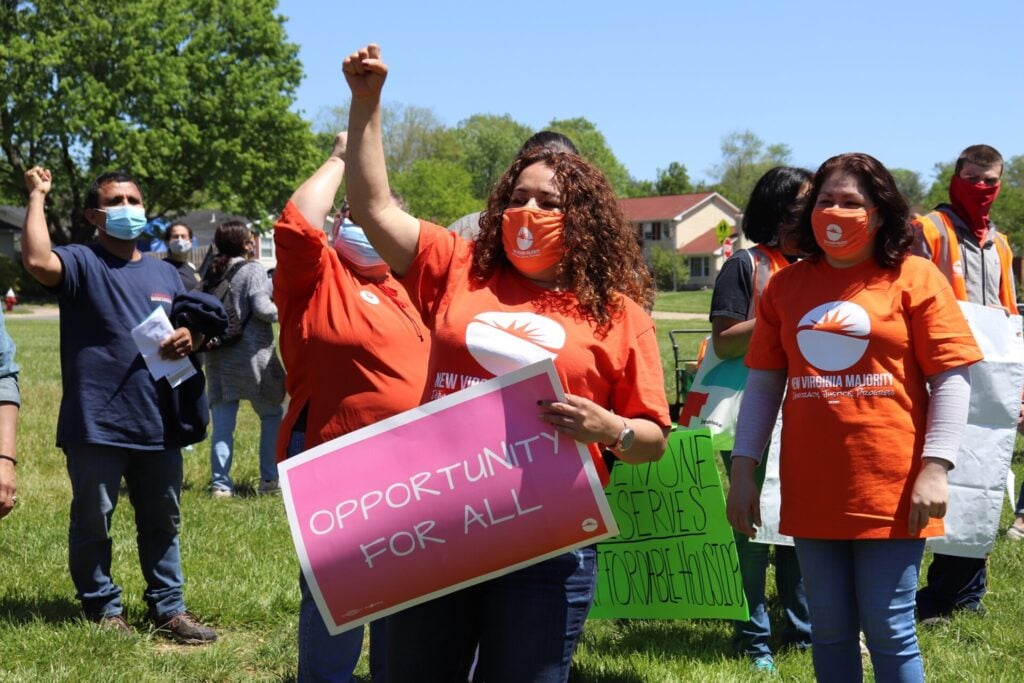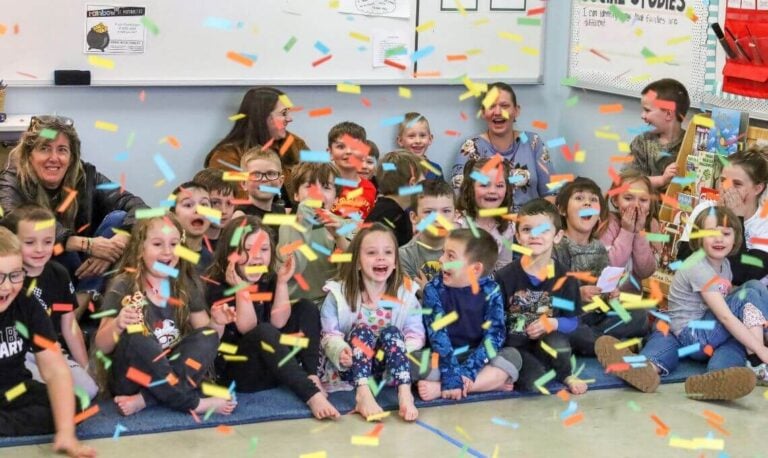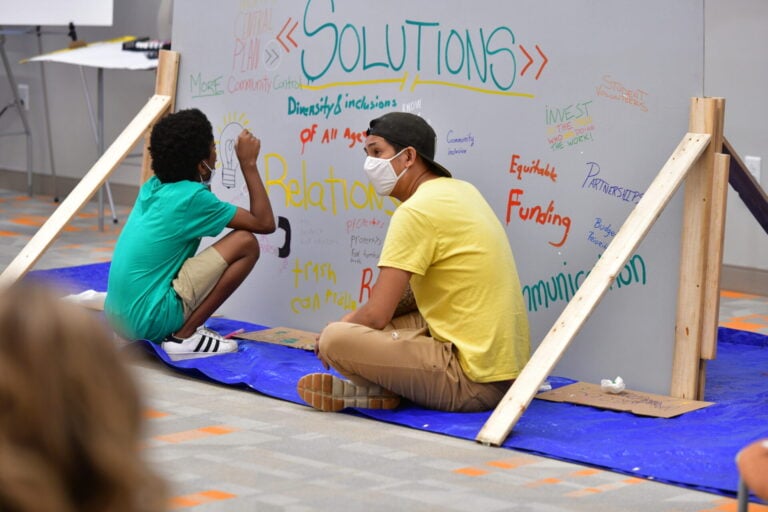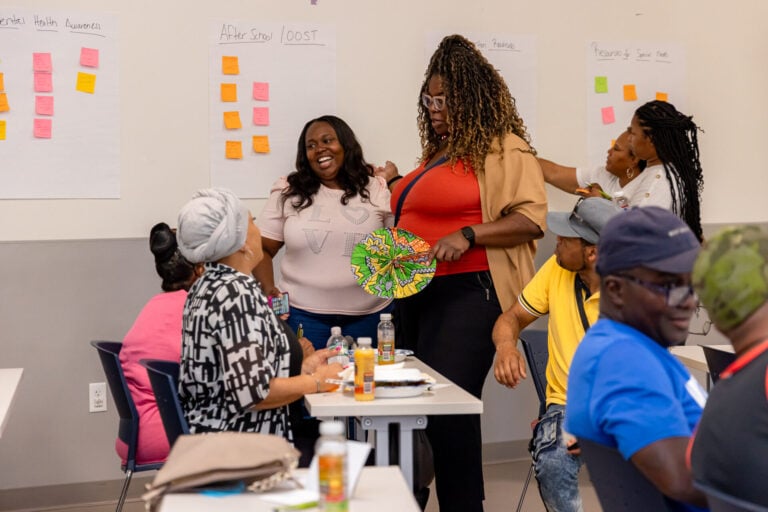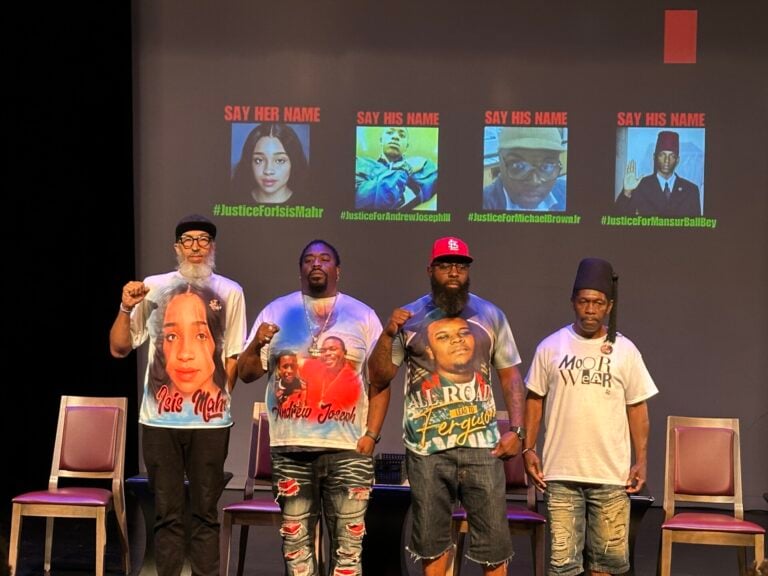Weissberg Foundation had different plans for 2025, including launching a board-informed process to identify additional funding priorities. However, as staff members spoke with grantees and other community members in January, they realized priorities needed to shift, and needed to shift quickly. By February, the foundation had offered more than 80 multi-year grantees the opportunity to accelerate their 2025 grants. And in early March, the board of directors authorized up to an additional $10 million in surge funding, more than doubling its annual grant spending.
With the additional funds, Weissberg, a family foundation rooted in Virginia, is disbursing grants to meet grantees’ urgent needs, including for legal defense, cyber security, and physical safety. Ricshawn Adkins Roane, the foundation’s executive director, says the new grants are also meant to support democracy, particularly in Virginia, and to support targeted communities including Black, Indigenous, and People of Color communities, immigrant communities, working class communities, and LGBTQ communities.
“We are working to meet this moment with the resources at our disposal,” Roane says. As a new political climate brings acute challenges throughout the social sector, Weissberg, she says, is well positioned to meet emerging needs because of its longstanding commitment to listening, learning, and relationship building in service of shifting power.
As a growing number of foundations are considering their relationship to power, Weissberg has made building power for those most negatively impacted by racism its mission. For Weissberg, shifting power toward communities is at the heart of its strategic approaches to grantmaking and investing.
Roane and the foundation’s director of organizing power, Brandy Hudson, shared insights from the foundation’s efforts to listen to communities and respond to what they hear, not only in times of crisis, but as a necessary element of changing how philanthropy operates.
Change who’s in the room
The “number one thing” Roane recommends for foundations is to “assess who’s at the table.” She notes the importance of having diverse perspectives represented when making decisions — with aspects of diversity encompassing geography, race, and ethnicity, as well as a range of thought and lived experiences. In addition to Hudson, the foundation’s program team includes Leah Salgado, director of narrative power, whose perspective as a citizen of the Pascua Yaqui Tribe helps inform the foundation’s work with Native communities.
“They never think to ask young people or families, or folks who are experiencing significant inequity, is that actually what you need? Would that actually be helpful? Even if you agree with this strategy, how should we be implementing it? What don't we know?” They do things to people and expect them to say, ‘thank you.’”
Brandy Hudson
Weissberg is also changing who is in the room at the board level. Founded by a commercial real estate developer, Marvin Weissberg, half of the foundation’s board seats are filled by members of the extended Weissberg family. The other half are filled by independent trustees, and Roane notes that the profile of the independent trustees has changed over time. Whereas they were initially “family adjacent,” the foundation now seeks out board members who have a variety of connections to the communities where it works. Independent trustees include Tamara Copeland, former head of the Washington Regional Association of Grantmakers; Edward Jones, vice president of programs at ABFE; Chief Keith Anderson of the Nansemond Indian Nation; Ashley Kenneth, president and CEO of The Commonwealth Institute; and Alexsis Rodgers, political director at The Black Futures Lab and a former mayoral candidate in Richmond.
Roane notes that having a diversity of thought and experiences represented across staff and board has been vital to advancing the foundation’s values of listening and learning, racial equity and justice, and building power and community.
Ask what people need
Rather than targeting discrete issue areas, Weissberg’s grantmaking is intersectional, focusing on building organizing, narrative, economic, and political power. It is an approach they say is designed to reflect the reality of communities’ experiences.
“Grantees told us that they don’t live single issue lives,” Hudson says, adding that grantees have expressed appreciation for the foundation’s current approach, and have also affirmed its long-standing practice of providing multi-year, general operating support.
Hudson brings to the work her own experiences with the juvenile justice and foster care systems. She has been personally impacted by the results of philanthropic funders who design strategies and programs in silos, and without consulting the people their work is meant to benefit.
“They never think to ask young people or families, or folks who are experiencing significant inequity, is that actually what you need? Would that actually be helpful? Even if you agree with this strategy, how should we be implementing it? What don’t we know?” she says. “They do things to people and expect them to say, ‘thank you.’”
One of the ways the Weissberg team is disrupting that model, Hudson says, is by “only doing what people ask for.”
Build on rigorous power analysis
In 2016, board members participated in “Putting Racism on the Table,” a learning series led by the Washington Regional Association of Grantmakers under the leadership of Tamara Copeland, who now serves as one of the foundation’s independent trustees. They also hired the foundation’s first professional executive director, Hanh Le. Under Le’s leadership, in January 2017, the board named racial equity as the foundation’s North Star, and shortly thereafter embarked on the National Committee for Responsive Philanthropy’s Power Moves curriculum.
This process helped Weissberg build clarity around the need to shift power, as well as the communities it should focus on, prioritizing organizations led by and accountable to those most negatively impacted by racism.
Succeeding Le as executive director in late 2021, Roane has helped the foundation further extend its focus on power. In 2023, the board approved a four-part strategic plan focused on innovative grantmaking, investing for impact, internalizing racial equity, and influencing philanthropy.
Following the board’s participation in the National Center for Family Philanthropy’s webinar “Reflecting on Your Origin Story: Understanding Wealth, Legacy, and Equity,” the foundation committed to exploring its wealth origin story and identifying harm that may have been caused in the creation of the foundation’s wealth. It has acknowledged that the commercial real estate investments that provided the basis for the foundation’s corpus, and helped transform Northern Virginia into the region it is today, may have contributed to the displacement of Black, Indigenous, People of Color, and low-income communities. And while the effort to explore its wealth origin story is ongoing, the foundation’s support of economic power building is a nod to the ties between land, land ownership, and wealth building from pre-history through today, and an acknowledgement of Virginia’s history of Native land theft and public and private destruction of Black wealth related to home and land ownership.
The foundation also continues to interrogate its power and prioritize internalizing racial equity, working with consultants to continue developing skills for talking about power and racial inequity, and for interacting productively across lines of difference.
Listen in relationship
Weissberg is also intentional about learning from and lifting up community voice. The staff has conducted landscape analyses and listened to organizers working in different contexts, from urban centers like Richmond and Northern Virginia to rural communities across Virginia and Appalachia. To expand whom they are listening to beyond their existing networks, the foundation has especially looked to take advantage of events where organizers are already gathering.
“I need to come in with the stance of not knowing and treat everyone I talk to as the experts,” Hudson says about how she and her colleagues approach their listening practice.
From its landscape conversations, Weissberg has made changes to its portfolio and approaches. For example, it has begun taking a more regional approach to grantmaking after hearing from partners in Appalachia that the issues they are grappling with do not have state boundaries.
Be ready to change plans
Such flexibility in responding to what it hears, along with its understanding of power and its strong community and grantee relationships, are what positioned the Weissberg Foundation’s board to act quickly this year.
Roane says the foundation’s staff has been able to have fundamental conversations with the board about purpose, risk, and increasing spending as the political landscape shifts, and they have been able to stay in close communication with their grantees and the communities where they work. What they have been hearing from grantees is actively shaping how they are disbursing emergency funds, including with automatic, no-application general operating support, rest and healing support, and capacity building support.
The foundation, says Hudson, is tackling questions that apply across philanthropy: “Who do we exist in service of? And how do we continually learn and shift and pivot in the moment?”
